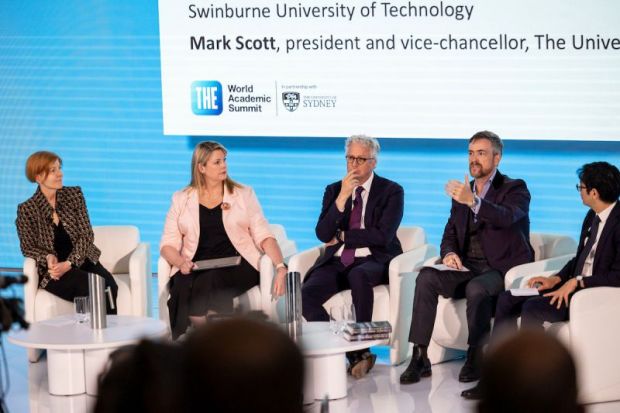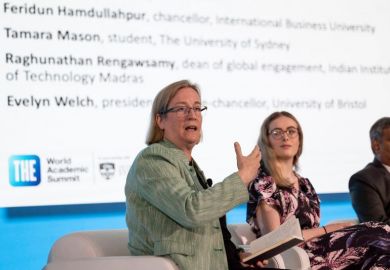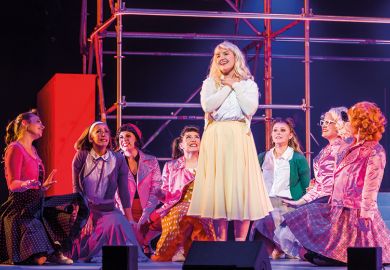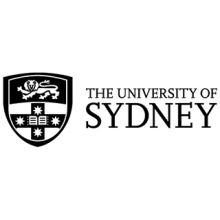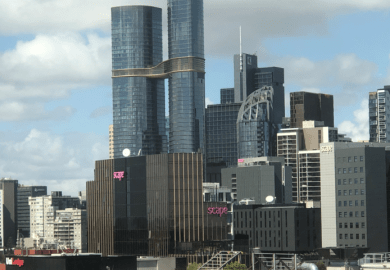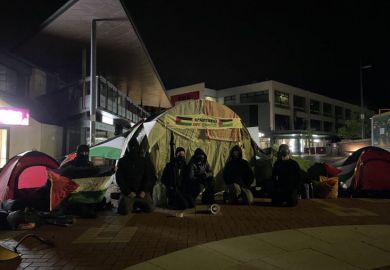Parliamentarians’ nostalgia for a bygone academy contributes to the “social licence” issues plaguing today’s universities, Times Higher Education’s World Academic Summit has heard.
University of Sydney vice-chancellor Mark Scott said his discussions “with lots of politicians” when he commenced in the role had revealed misgivings about the present-day sector.
“They reflected almost joyfully on their own experience as a student, but in a more ambivalent way about the experience that they saw that their children were [having] at universities,” Professor Scott told the summit.
“Politicians who are making decisions around higher education are looking at a lens through domestic student experience as a key judgement as to the value and contribution they see the sector making.”
Professor Scott said Sydney, the summit’s host this year, had changed dramatically since his undergraduate days there with 20,000 fellow students and no tuition fees.
“Now [there are the] best part of 75,000 students [who] pay significant fees, and the cost of living around the university [is] far more expensive, so many of our students are working to support themselves, and there is a risk of it becoming a more transactional experience. Rather than just deeply immersing in the experience of the university, it’s, ‘How quickly can I get out and get that piece of paper?’” he said.
Professor Scott said students deserved a good experience after handing over their money and time. “But I also think it’s a vital part of our licence to operate.”
UNSW Sydney vice-chancellor Attila Brungs said that while the student experience was paramount, “we have to be careful where we get our signal”.
“I…have politicians telling me, ‘You should give the students the same experience that I had,’ assuming that the students want that experience.”
Professor Brungs said universities must avoid treating students as a “homogeneous block” and instead become “much more heterogeneous” in their offerings. “Students come with very different needs [and] expectations of what they want the university experience to be,” he said.
This presented “huge challenges” in terms of cost, expectation and “sometimes having to push back on the government and say, ‘This is what our students would actually like, because this is what they told us.’”
But Swinburne University of Technology vice-chancellor Pascale Quester said there were also signal problems in the messages from students. “Sometimes the students will say they want something and…their behaviour does not necessarily affirm this,” she said.
She cited the post-pandemic demand for on-campus lectures. “We have some legends in our staff who can…deliver the lecture that makes everybody so happy to be there. And then we’ve got the ones where the student loses the will to live after 10 minutes,” she said.
“The students…vote with their feet, and three weeks later that lecture theatre is empty. So the students will tell you they want a live lecture, but what they’re telling you is they want something really exciting.”
Rebekah Brown, Monash University’s deputy vice-chancellor for research, said the student body had become “really segmented” over the past decade or so. “I’m not sure that our parents are at the same place, necessarily, as our students,” she said.
Register to continue
Why register?
- Registration is free and only takes a moment
- Once registered, you can read 3 articles a month
- Sign up for our newsletter
Subscribe
Or subscribe for unlimited access to:
- Unlimited access to news, views, insights & reviews
- Digital editions
- Digital access to THE’s university and college rankings analysis
Already registered or a current subscriber? Login
